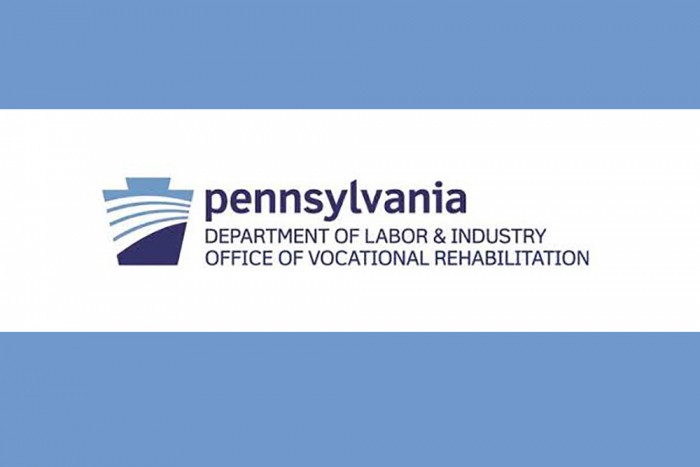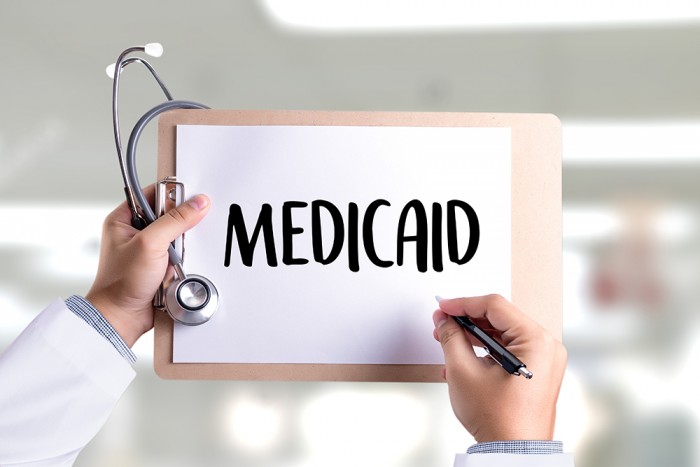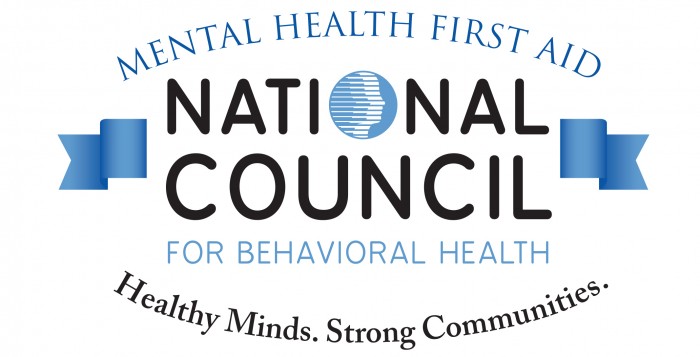Fady Sahhar
Temporary Changes to OBRA Waiver and Act 150 Program Due to COVID-19
The Centers for Medicare & Medicaid Services (CMS) approved temporary changes to the Community HealthChoices and OBRA 1915(c) waivers due to COVID-19. The Office of Long-Term Living (OLTL) is extending the same flexibilities to the Act 150 Program. The changes described may be implemented immediately and apply to all counties, including those that changed from red phase to yellow phase on May 8, 2020.
If you have questions about the information in these documents, please contact the OLTL Provider Helpline at 800-932-0939.
Updated Guidance Regarding the Medical Assistance Transportation Program
The Department of Human Services has issued updated guidance and a consumer-facing notice regarding the Medical Assistance Transportation Program (MATP) in light of the COVID-19 public health emergency.
OVR Order of Selection Update
Dear Stakeholders,
As you know all too well, the COVID-19 mitigation efforts have resulted in disruption to our daily lives. However, OVR’s core mission remains the same, and OVR staff are dedicated to partnering with our vendor community and working through the challenges to serve as many individuals as possible. Despite all the uncertainty in the world, the staff at OVR are working tirelessly to provide services virtually to the people that depend on us the most and create employment opportunities for people with disabilities.
OVR is pleased to inform you of positive news regarding customers who are on OVR’s Order of Selection (OOS) wait list. On May 1, 2020, we will begin processing an estimated 4,500 customers off the wait list with priority given to eligible customers who have been on the wait list the longest. We will continuously reevaluate opportunities to move additional cases off the wait list into the future. For additional information, please refer to OVR’s Order of Selection web page.
Sincerely,
Shannon Austin
Executive Director, OVR
Reminder: EVV Public Meeting Friday, April 24, 2020
This is a reminder of the upcoming Electronic Visit Verification (EVV) public meeting scheduled for Friday, April 24, 2020, from 1:00 pm – 3:00 pm. During the public meeting, we will provide EVV implementation updates, a walk-through of the steps involved in the Alternate EVV certification process, and address some of the frequently asked questions since the last public meeting. Due to technology constraints, questions and answers will not be done in the usual format during this meeting. The questions will be collected by chat during the meeting and answers will be provided in a follow-up communication through the Listserv as well as posted to the Department of Human Services (DHS) EVV website.
To register online, please use this link. Please register before April 24 at 1:00 pm. After registering, you will receive a confirmation email containing information about joining the webinar.
Further public meeting dates have been scheduled and posted to the DHS EVV website.
Any questions about this communication can be sent via email.
State of Washington COVID-19-Related Section 1115(a) Demonstration Approval
Follow-up Materials From Project ECHO: COVID-19 Financial Response Strategy Session #1
(From the National Council for Behavioral Health)
Thank you for joining Project ECHO: National Council, COVID-19 Financial Response Strategy ECHO Series; Session 1 – Extending the Runway – Weekly Cash Flow Projections. We hope you found the session valuable and look forward to continuing this series to support you in the coming weeks.
Below you will find:
The session recording is now available. Please share with colleagues who may find it valuable.
If you haven’t already, please complete this brief survey about today’s session.
Register for our next session “National Council, COVID-19 Financial Response Strategy ECHO Series; Session 2 – Extending the Runway – Leveraging Stimulus/Relief Efforts”. This session will take place next Tuesday, April 28th at 1pm ET.
If you have any questions or concerns, please do not hesitate to contact us. Additionally, we are constantly updating our National Council COVID-19 resources website.
Stay safe!
NASDDDS and Advancing States Letter to Legislators
On behalf of the National Association of State Directors of Developmental Disabilities Services (NASDDDS) and ADvancing States, we are writing to request further support for state governments in the upcoming legislation regarding coronavirus disease 2019 (COVID−19). Our associations collectively represent the government agencies responsible for administering a wide range of publicly funded health care and long−term services and supports for older adults and people with all types of disabilities, including intellectual and developmental disabilities, in every state and territory. To maintain the ongoing sustainability of the long−term services and supports delivery system, there are four main issues that should be addressed immediately. We have also included two recommendations for issues that should be addressed in order to support state agencies once the pandemic begins to subside… [read full letter].

















